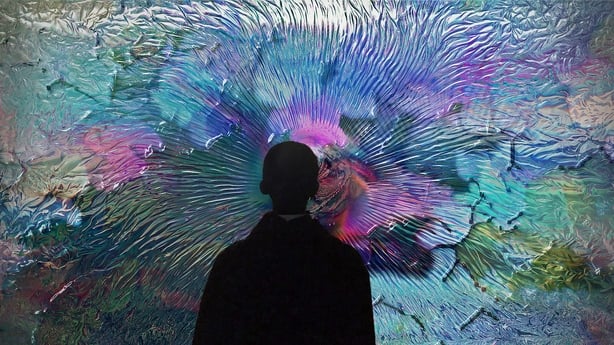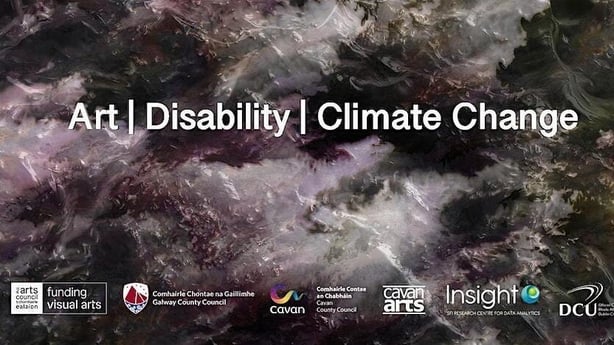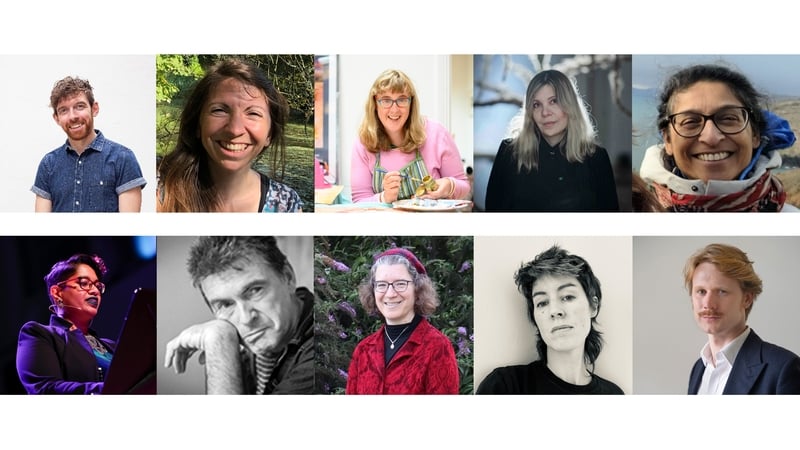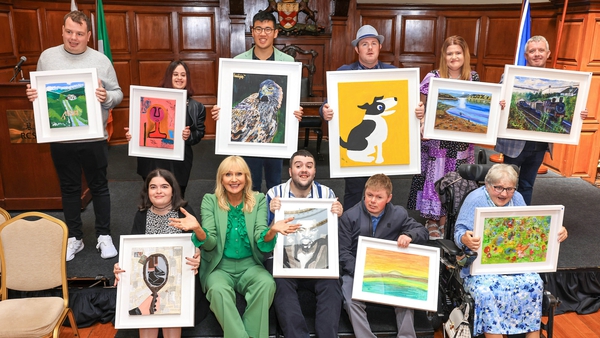Art, lived experience of disability, climate change, and their intersections will be explored by leading Irish and international arts professionals in an afternoon of free online panel discussions on Thursday 20th July. Artist and curator AlanJames Burns introduces the event below.
The climate crisis disproportionately affects disabled people but routinely people with lived experience of disability are not invited to the table to discuss the solutions. Yet, disabled people have unique perspectives and expert skill sets necessary to address the climate emergency, such as resilience, resourcefulness, and specialist knowledge of navigating a world of barriers and obstacles.
Arts | Disability | Climate Change is a webinar exploring the intersections of disability, climate action, and artistic practice, for and with some of the people most affected by the climate crisis.
The event brings together an amazing array of artists, academics, thinkers and provocateurs from Ireland and abroad. There will be contributions from Dr Sarah Bell, Jennifer Cunningham, Cecilia Bullo, Peter Kearns, Chandrika Narayanan-Mohan, Tia Vellani, Suzanne Walsh, Prof Julia Watts Belser and Marek Wolynski.
Disabled people have unique perspectives and expert skill sets necessary to address the climate emergency, such as resilience, resourcefulness, and specialist knowledge of navigating a world of barriers and obstacles.
These speakers bring a wealth of knowledge and lived experience. For example, Peter Kearns is a theater performer and an advocate with Independent Living Movement Ireland. He recently addressed the Oireachtas Joint Committee on Disability Matters on the climate crisis and disability. Also speaking is Dr Sarah Bell, who has just commenced a 5-year project, IncluADAPT, exploring how climate change policy supports, or more likely doesn't support, disabled people across three case study cities: Dublin, Bristol and Glasgow.
The intersections of art, disability and climate action are topics which I’ve been exploring through my art practice for some years now. One of my recent projects being discussed during the webinar is the interactive exhibition Augmented Body, Altered Mind. This work brings together a lot of relevant ideas in one place; individual agency within global systems, climate change, technological growth, and the idea of Complementary Cognition.

This is a new theory of evolution, spearheaded by Dr Helen Taylor, which proposes that we have evolved in neurodivergent ways in order to collectively think our way out of big problems such as the climate emergency. To illustrate this type of collective thinking, Augmented Body, Altered Mind offers visitors the opportunity to co-create the artwork in real-time by wearing brain-sensing headsets which control the visuals on the screen. This work was created with a number collaborators with unique insights on neurodivergence, including Chandrika Narayanan-Mohan; one of the co-writers for Augmented Body, Altered Mind, who will be participating in the webinar as a panelist and sharing her insights on the project.
In order to bring together as many divergent thinkers and perspectives as possible for the webinar we have accessibility to the fore for our event. It is free, online, and the recording will be available on anjamesburns.com afterwards. ISL signing is provided by Bridge Interpreting Limited and live captions by 121 Captions. The event is kindly funded and supported by Arts Council of Ireland Touring Award, Galway County Arts Office, Cavan Arts Office and SFI Insight Research Centre at DCU.
The breadth of lived experience, cutting edge research and creative thinking that is represented by the panelists, I truly find awe inspiring, and this will all be brought to bear with a focus on the timely and urgent issue of inclusive climate action and a just transition.

The Art | Disability | Climate Change online webinar takes place on Thursday 20th July 2023, from 12.00pm - 3pm - the event is free, but registration is required - find out more here.

